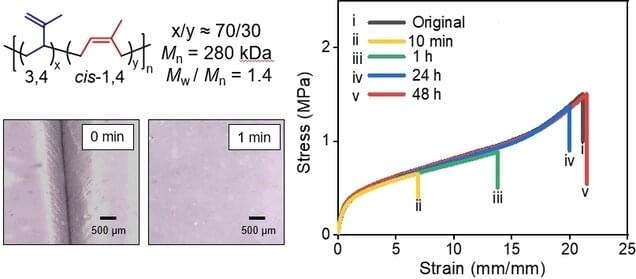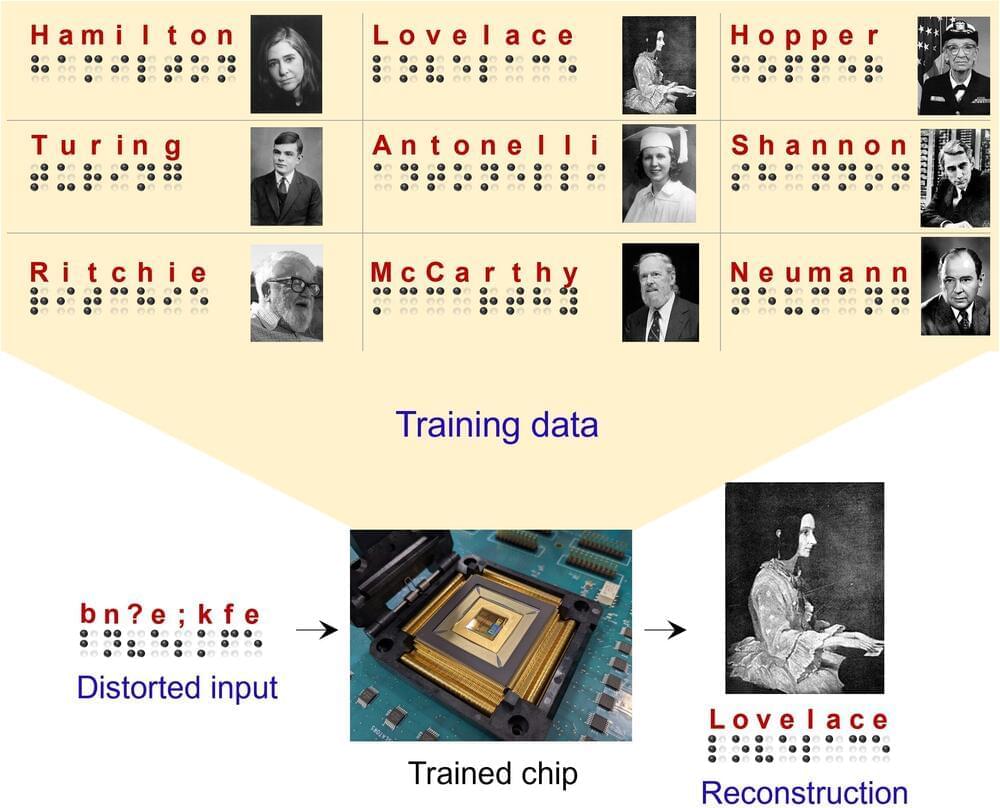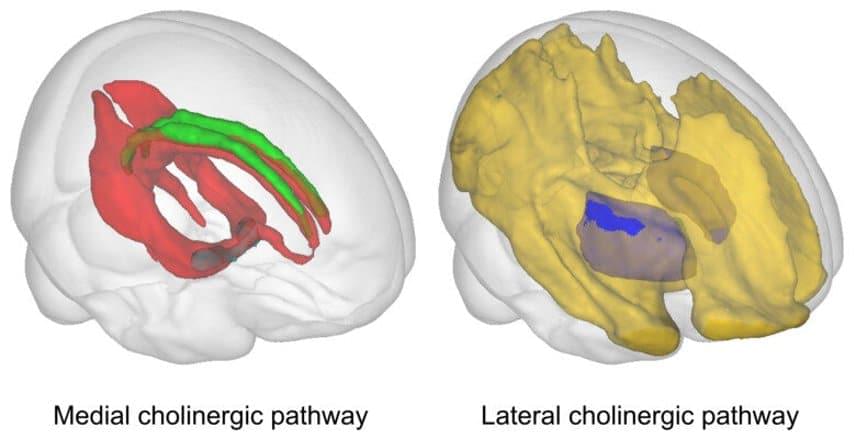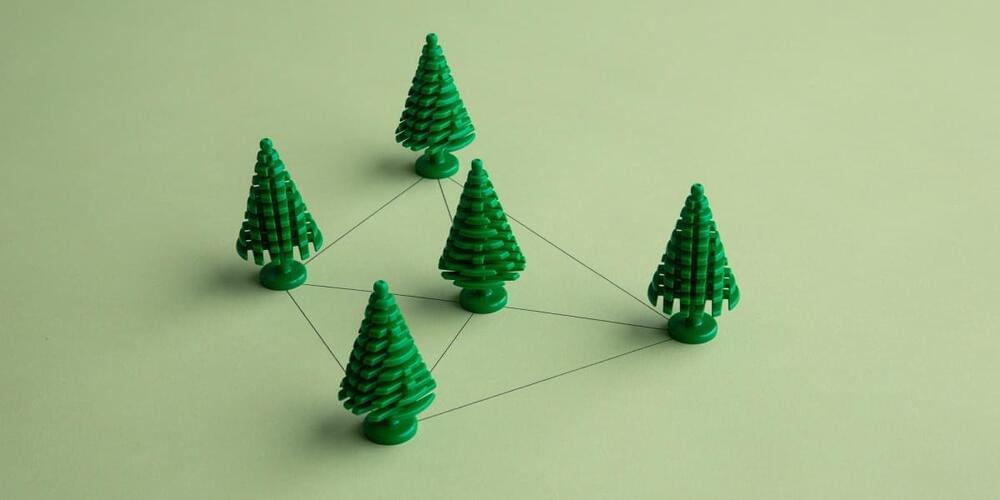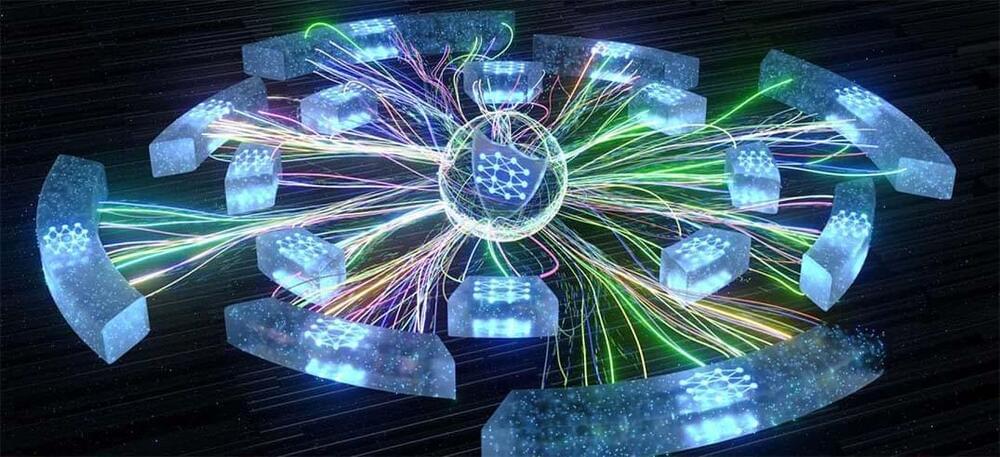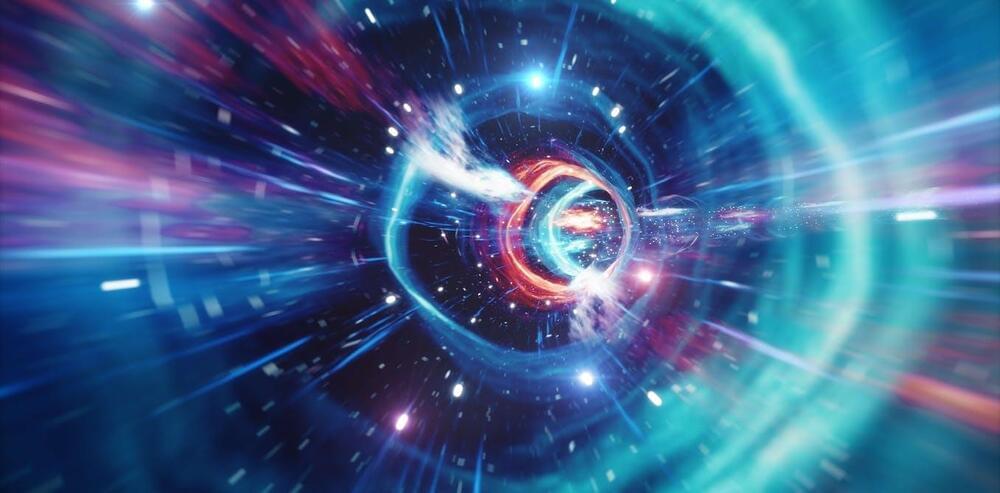Material scientists at RIKEN have created a self-healing polymer by using an off-the-shelf compound for the first time. The strategy they used is promising for improving the durability and minimizing the environmental impact of various commercial polymers for a wide range of applications.
Polymers capable of healing themselves when damaged would last longer and thus reduce costs and the burden on the environment. Current strategies for producing self-healing polymers mainly employ reversible chemical reactions, but this usually entails complex synthesis processes. Furthermore, self-healing mechanisms based on chemical reactions may not work in certain environments such as in water and acidic and alkaline solutions.
Ideally, material scientists would like to produce polymers that self-heal under a wide range of conditions, from readily available materials, using simple synthesis processes.
